Improvement Resource Type: Thematic Report
Improvement Resource Type: Thematic Report
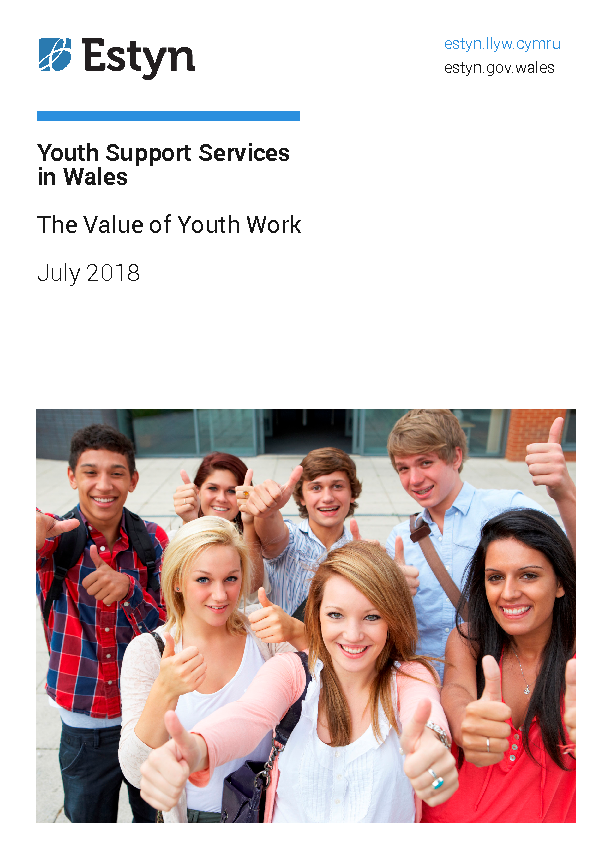
Recommendations
Local authorities should:
- R1 Consult meaningfully with young people, so that they can influence the planning for and evaluation of the services available to them at a local level
- R2 Provide safe spaces for young people in local areas so that they have access to services, and activities, which support their development as individuals, and as members of their local community
- R3 Make sure that strategic plans have clear priorities informed by local intelligence for services that support young people
- R4 Make sure that local authority departments and other bodies work in partnership to provide services for young people, which address their needs
Providers should:
- R5 Make sure that their services enable young people to identify for themselves their interests, goals, and needs
- R6 Work in partnership at a local and regional level to improve access to the range of services for young people
- R7 Make sure that professional youth work standards and principles are used by workers in all youth support service projects
The Welsh Government should:
- R8 Provide the policy basis through which youth work, as a way of working with young people, becomes embedded in all services
- R9 Clarify the use of the terminology ‘youth work’, ‘youth service,’ and ‘youth support services’ in Wales in order to provide a universally understood language for policy development and delivery
- R10 Establish ways of holding local authorities and their partners to account for the quality, range and types of youth support services they provide in their area
- R11 Include the qualification, training and ongoing development of youth workers in the National Youth Work Strategy for Wales
Improvement Resource Type: Thematic Report
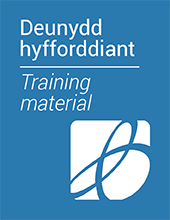
Improvement Resource Type: Thematic Report
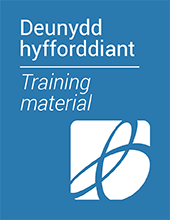
Improvement Resource Type: Thematic Report
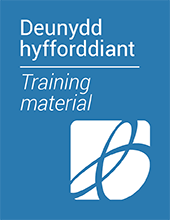
Improvement Resource Type: Thematic Report
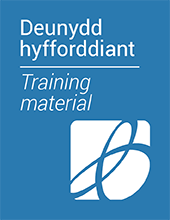
Improvement Resource Type: Thematic Report
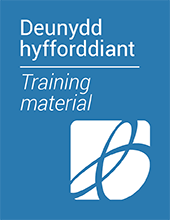
Improvement Resource Type: Thematic Report
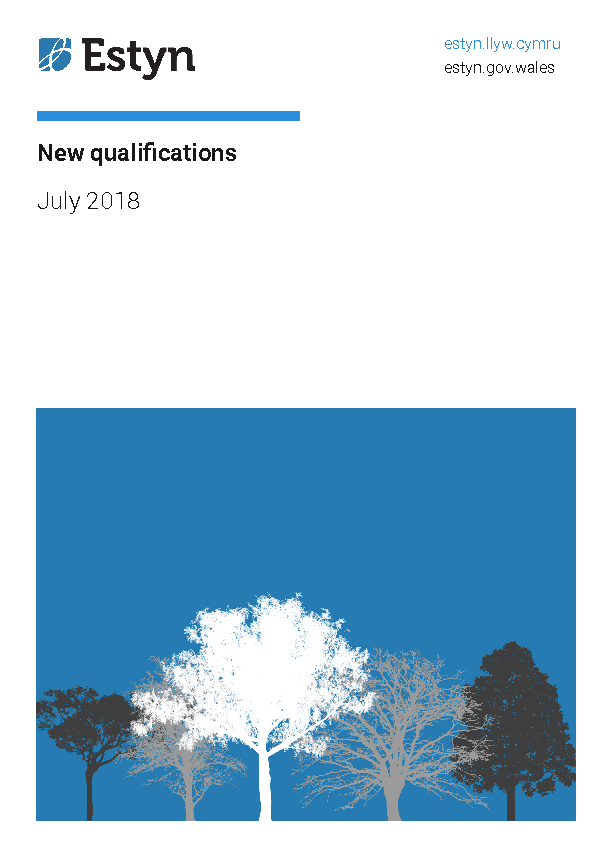
Recommendations
Schools and colleges should:
- R1 Challenge the full ability range and provide stimulating tasks that develop the resilience of learners
- R2 Ensure that learners improve their writing in English and Welsh
- R3 Have high expectations that all learners contribute orally especially in Welsh
- R4 Improve pupils’ problem-solving skills in mathematics and in mathematics-numeracy
- R5 Develop pupils’ higher-order reading skills in English, Welsh and mathematics and the Welsh Baccalaureate
- R6 Improve boys’ performance in Welsh, English and the Welsh Baccalaureate
- R7 Help more pupils to gain the highest grades in the Welsh Baccalaureate
- R8 Provide better opportunities for pupils to develop their numeracy and ICT skills in the Welsh Baccalaureate
- R9 Consider carefully their staffing and timetabling for the Welsh Baccalaureate and the status they place on the qualification
- R10 Provide training for middle leaders to help them evaluate standards and teaching in their departments
- R11 Work together better to ensure that they have legal, secure, and comprehensive arrangements for sharing information about learners’ prior attainments and to develop networks of professional practice
In addition:
- R12 Schools should consider the breadth of their curriculum, including opportunities and encouragement to study English literature and Welsh literature
- R13 Colleges should increase the number of learners resitting GCSE Welsh language
Improvement Resource Type: Thematic Report
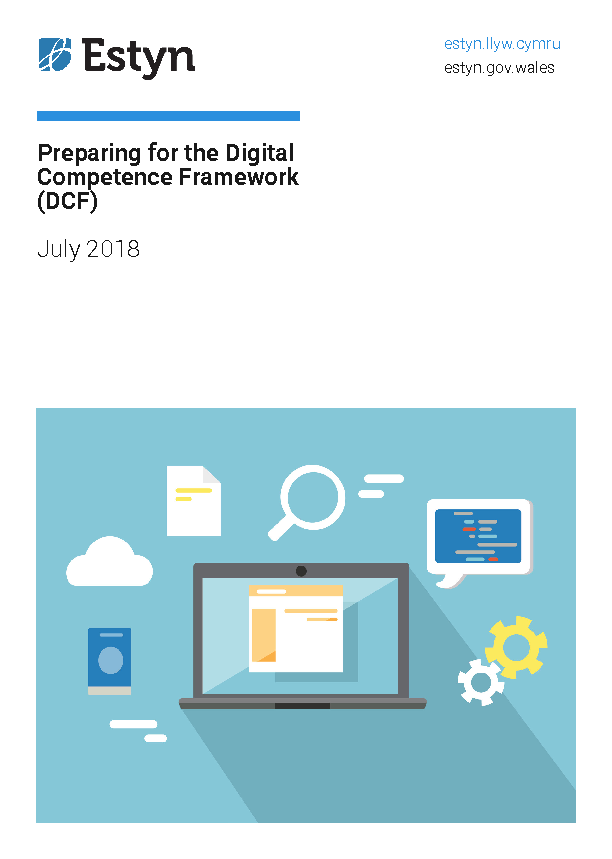
Recommendations
Schools should:
- R1 Involve all stakeholders in developing a clear vision for the DCF
- R2 Appoint a digital lead, secure the full support of senior leaders, and monitor developments regularly
- R3 Audit teachers’ professional learning needs and use this information to plan training, support and guidance over a realistic timeframe
- R4 Map the DCF across the curriculum and ensure that there are no gaps in provision and sufficient progression and continuity
- R5 Carry out hardware and network infrastructure audits
- R6 Ensure that staff collaborate with others to share good practice
Local authorities and regional consortia should:
- R7 Support all schools to address the above recommendations
- R8 Monitor how well individual schools are progressing with the realisation of the
- DCF and challenge limited progress
The Welsh Government should:
- R9 Communicate clearly to schools the expectations for embedding the DCF, including timescales
- R10 Ensure that initial teacher education courses provide new teachers with the necessary skills to realise the DCF successfully
- R11 Improve the audit tool so that it better meets the needs of schools in assessing teachers’ confidence to deliver the DCF
Improvement Resource Type: Thematic Report
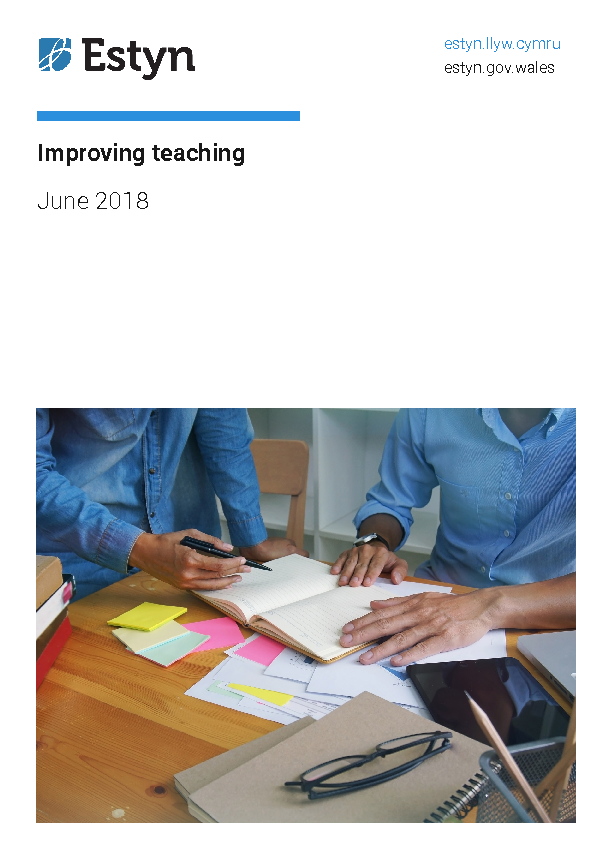
This report is written in response to a request for advice from the Welsh Government in the Cabinet Secretary’s annual remit letter to Estyn for 2017-2018. The report is intended for the Welsh Government, headteachers and staff in schools, local authorities and regional consortia. It may also be of interest to those working with teacher education and training institutions.
The first part of this report summarises first-hand evidence from inspections and from visits to the case study schools described in part two, as well as findings from educational research, to explore what makes effective pedagogy and teaching. The report outlines the strategic approaches schools have taken to improve the quality of teaching and to build teaching capacity for the future.
The second part of this report presents 24 case studies that show how leaders and teachers have built their capacity to bring about sustainable improvement in the quality of teaching in their schools. The case studies explore pedagogical improvement journeys of fourteen primary schools, nine secondary schools, and one all-age school. The schools face a range of challenges and have different starting points, from schools placed in a statutory category, to schools maintaining high levels of performance over time.